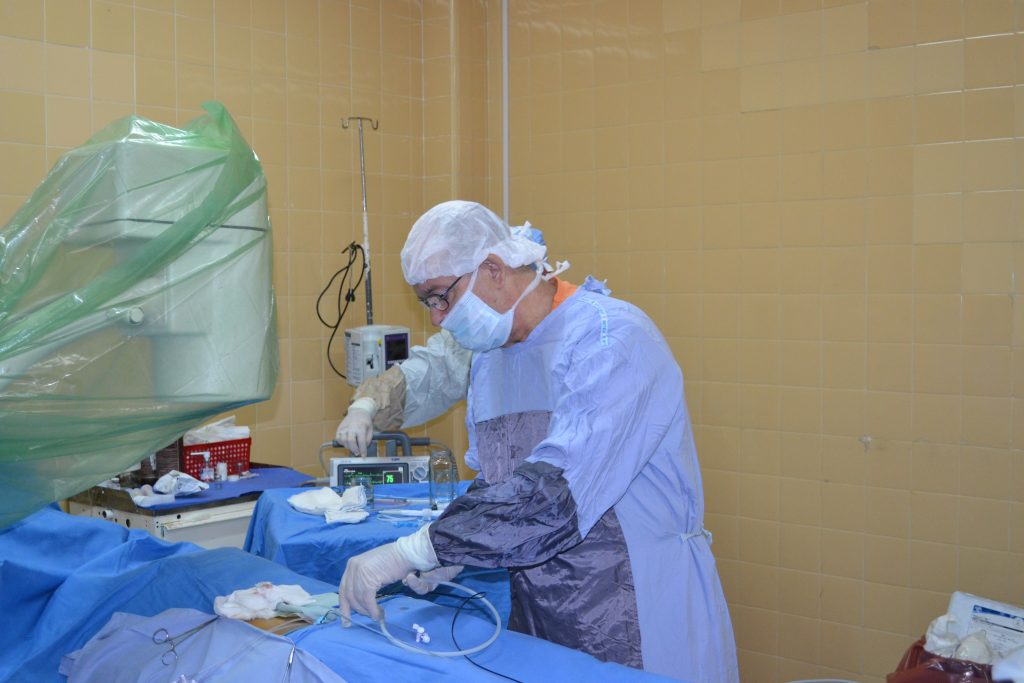 Scheduling a post-accident surgery promptly may be essential to ensure complete physical recovery. Sometimes, the scheduling of post-accident surgery matters less. However, scheduling your surgery prudently may pay off when recovering damages in court, as one plaintiff found in a recent appeal discussed below.
Scheduling a post-accident surgery promptly may be essential to ensure complete physical recovery. Sometimes, the scheduling of post-accident surgery matters less. However, scheduling your surgery prudently may pay off when recovering damages in court, as one plaintiff found in a recent appeal discussed below.
In 2010, Karl Kimsey was involved in a car accident in DeRidder, Louisiana. Mr. Kimsey alleged a left knee injury and underwent an arthroscopic procedure in late 2010. Kimsey filed a lawsuit against his car insurance company. In 2013, an initial judgment awarded damages, lost wages of $300 a week limited to his period of recovery and required the scheduling of a recommended reconstructive surgery. The defendant’s insurance company would pay for the surgery, provided it happened within one year of the judgment. If the surgery did not happen within one year, any party could return to court. Both parties appealed that order, but their appeals were dismissed because the judgment was conditional and thus not final. Mr. Kimsey did not have the surgery within one year and appealed the final trial court order.
Mr. Kimsey’s main issues on appeal were that the court erred in not awarding future medical expenses, not awarding the argued lost earning capacity of Mr. Kimsey; and erred in the amount awarded of an expert fee for Mr. Kimsey’s expert. The relevant standard of review for these issues are“manifest error” or “clearly wrong”——a demanding standard to meet in Louisiana that requires the reviewing court to review the record in its entirety “to determine whether the trial court’s finding was clearly wrong or manifestly erroneous.” Stobart v. State through Department of Transportation and Development,
 Louisiana Personal Injury Lawyer Blog
Louisiana Personal Injury Lawyer Blog


 Personal injury cases can be costly for all parties involved. Paying those costs can get confusing, especially when there is indemnification. Indemnification arises when a party is contractually obligated to foot the bill for attorney fees and defense costs. The question then arises, can you seek indemnification if fault was never established? This type of contractual clause and legal questions are the core issue in a recent appeal discussed below.
Personal injury cases can be costly for all parties involved. Paying those costs can get confusing, especially when there is indemnification. Indemnification arises when a party is contractually obligated to foot the bill for attorney fees and defense costs. The question then arises, can you seek indemnification if fault was never established? This type of contractual clause and legal questions are the core issue in a recent appeal discussed below.  Auto insurance can be beneficial when you are in a car accident. However, it isn’t uncommon to have specific provisions in your insurance policy that can limit your coverage. A recent case out of Kenner, Louisiana, interpreted whether certain caveats in an insurance policy can limit a client’s uninsured motorist coverage (UM/UIM).
Auto insurance can be beneficial when you are in a car accident. However, it isn’t uncommon to have specific provisions in your insurance policy that can limit your coverage. A recent case out of Kenner, Louisiana, interpreted whether certain caveats in an insurance policy can limit a client’s uninsured motorist coverage (UM/UIM).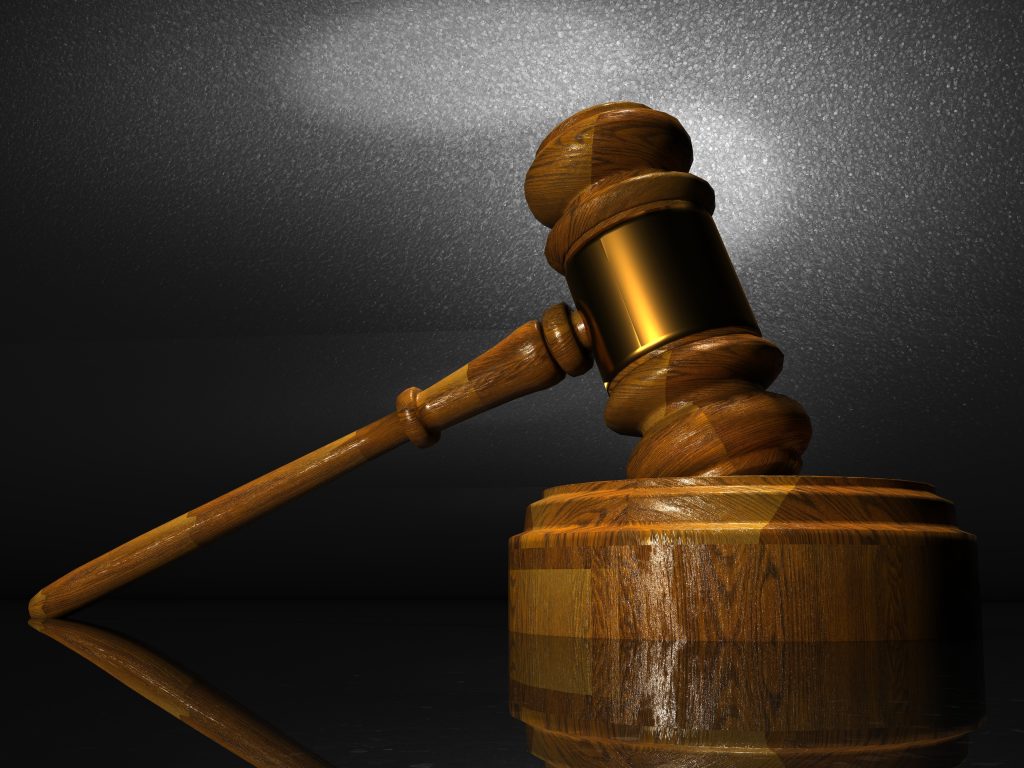 Most lawsuits begin with a petition that lays out the facts and basis for a claim. These facts are pertinent to the survival of each claim and defense. Many pretrial hearings and motions are based on what is pleaded in the petition. The face of each pleading can determine the case’s outcome from the beginning.
Most lawsuits begin with a petition that lays out the facts and basis for a claim. These facts are pertinent to the survival of each claim and defense. Many pretrial hearings and motions are based on what is pleaded in the petition. The face of each pleading can determine the case’s outcome from the beginning.  When a case ends at the trial court level, the judge signs a physical order document laying out the court’s decisions. This physical order document is called a final judgment; every case will only have one final judgment. Final judgments cannot be amended easily by either the trial court or the parties. The only permissible amendments are those that fix basic errors, such as spelling or arithmetic; all other modifications or changes should be brought up on appeal or in a motion for a new trial.
When a case ends at the trial court level, the judge signs a physical order document laying out the court’s decisions. This physical order document is called a final judgment; every case will only have one final judgment. Final judgments cannot be amended easily by either the trial court or the parties. The only permissible amendments are those that fix basic errors, such as spelling or arithmetic; all other modifications or changes should be brought up on appeal or in a motion for a new trial. 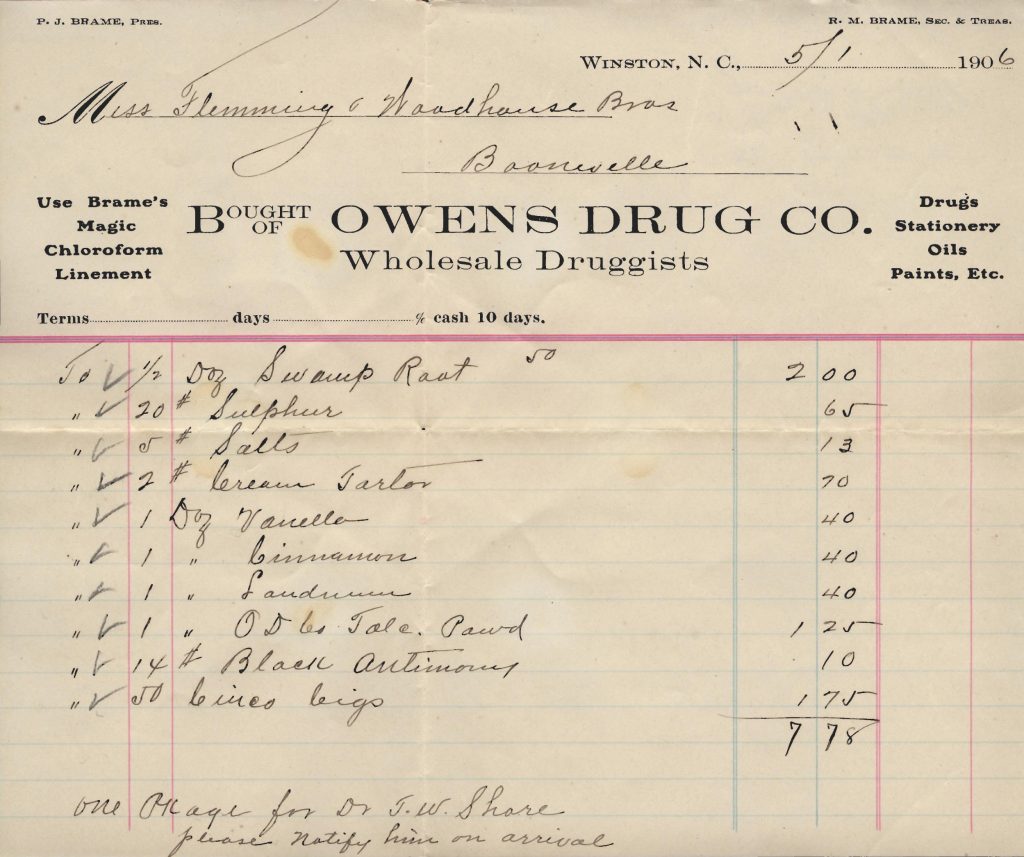 The legal system is complicated, with many “dos-and don’ts.” Whether or not you can have your case heard in court first requires following the rules guiding the sufficiency of your claim. If your complaint fails to show that you have a right to bring the case against your defendant, your case might be dismissed. But how strictly interpreted is this rule? What does it look like when a cause of action is sufficient to be heard or ripe for dismissal?
The legal system is complicated, with many “dos-and don’ts.” Whether or not you can have your case heard in court first requires following the rules guiding the sufficiency of your claim. If your complaint fails to show that you have a right to bring the case against your defendant, your case might be dismissed. But how strictly interpreted is this rule? What does it look like when a cause of action is sufficient to be heard or ripe for dismissal? In the United States, parents are often deemed responsible for the criminal conduct of their minor child. But the rules guiding this concept could be more precise and are subject to much controversy. How do we decide when that duty exists and when it ends? A Louisiana court answers the question, does parental liability extend over adult children in Louisiana?
In the United States, parents are often deemed responsible for the criminal conduct of their minor child. But the rules guiding this concept could be more precise and are subject to much controversy. How do we decide when that duty exists and when it ends? A Louisiana court answers the question, does parental liability extend over adult children in Louisiana?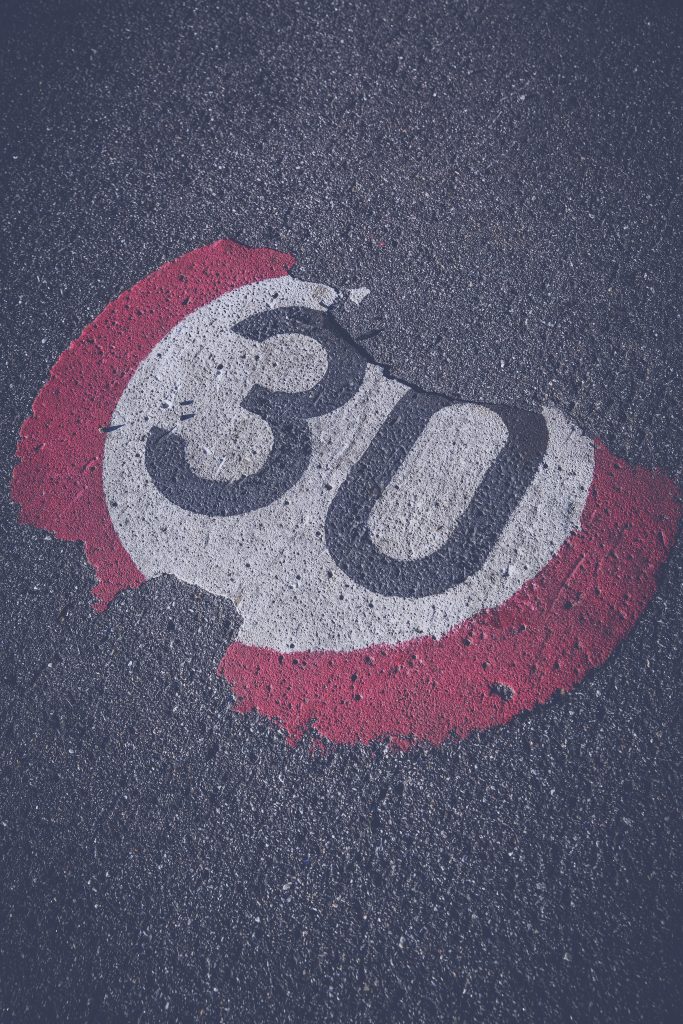 Once a case has been fully litigated, it has been established that the plaintiff cannot bring additional lawsuits against the same parties for the same cause of action. This principle,
Once a case has been fully litigated, it has been established that the plaintiff cannot bring additional lawsuits against the same parties for the same cause of action. This principle, 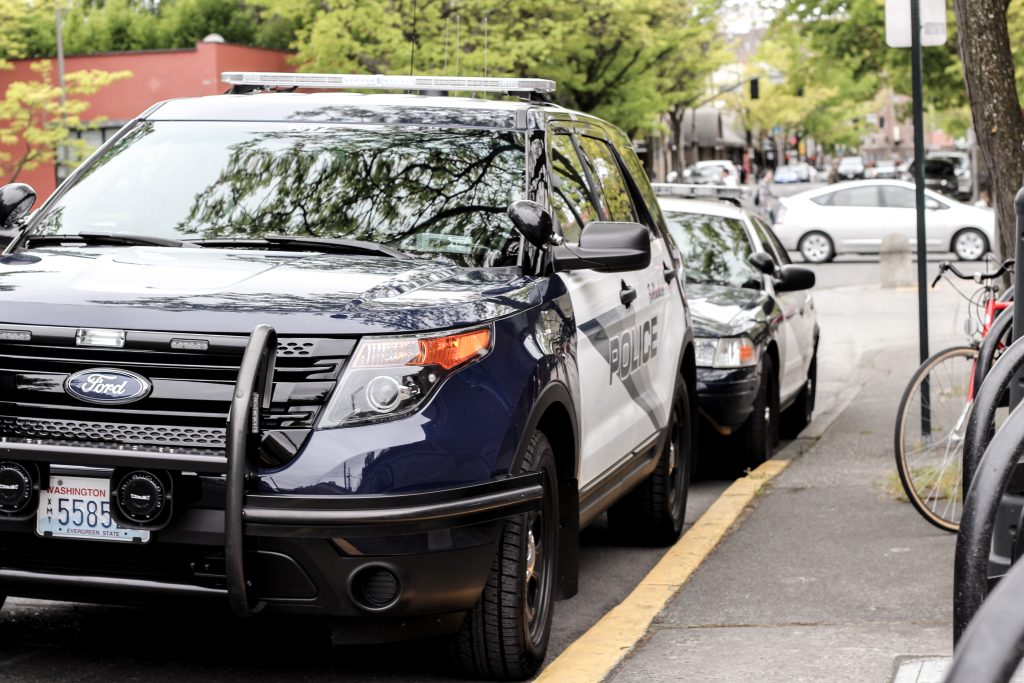 Claims involving both state and federal law can be extremely complicated; however, what happens when there are questions surrounding the state law itself? In this situation, the district court may actually abstain from exercising its jurisdiction until the state law concerns have been resolved—the following case involving law enforcement officers in New Orleans discusses these issues.
Claims involving both state and federal law can be extremely complicated; however, what happens when there are questions surrounding the state law itself? In this situation, the district court may actually abstain from exercising its jurisdiction until the state law concerns have been resolved—the following case involving law enforcement officers in New Orleans discusses these issues.